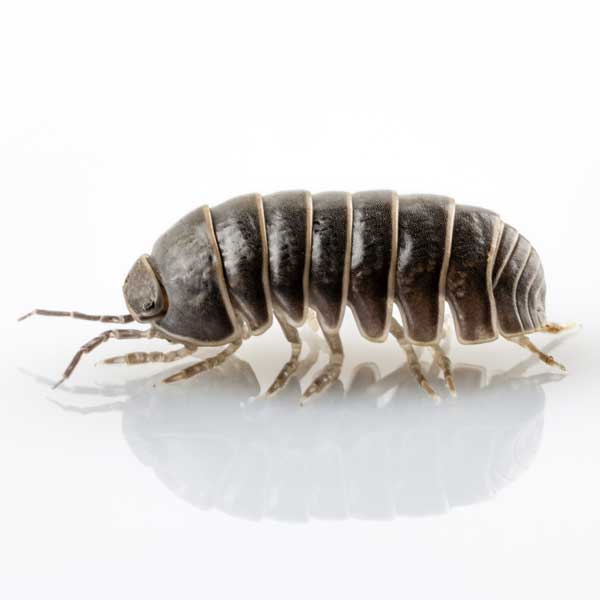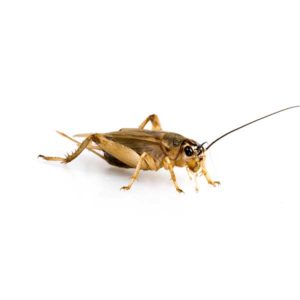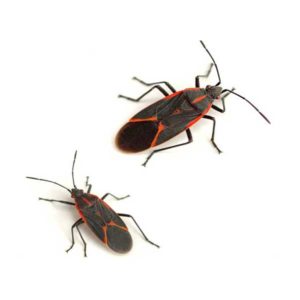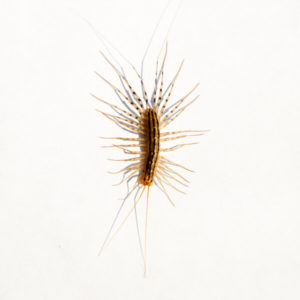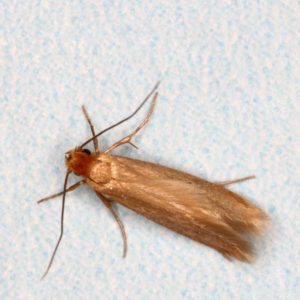Pillbugs in Atlanta, GA
As one of the only crustaceans adapted to live on land, pillbugs are common throughout the United States. Pillbugs and sowbugs are similar-looking pests that are more closely related to shrimp and crayfish than to insects. Often known as roly-polies, pillbugs are able to roll up into a tight ball when disturbed or threatened. They are easily recognized by their back, which is made up of seven hard individual plates. Since pillbugs thrive in moist environments, they typically do not survive indoors for extended periods unless the conditions are notably damp or humid.
Pillbug Habitat
Pillbugs thrive in damp settings, commonly residing outdoors beneath mulch, fallen leaves, and rocks. Operating predominantly during nighttime hours, these crustaceans rely on humid conditions throughout the day. Typically inhabiting moist soil alongside sowbugs, millipedes, and earthworms, pillbugs may venture outside their natural habitats at night, traveling along sidewalks, patios, and foundations. Pillbugs have a tendency to infiltrate crawl spaces, damp basements, and the initial floors of ground-level structures which can be a source of annoyance. Effective management of moisture levels is crucial in deterring pillbug infestations.
Pillbug Behaviors, Threats, or Dangers
Pillbugs pose no threat of biting or stinging and they will not inflict damage to your home. Their primary impact is as a nuisance pest when they find their way indoors. While pillbugs are harmless to people, their feeding habits can potentially harm the roots of plants. In this context, pillbugs can be considered a potential threat to gardens and crops, impacting the overall health of vegetation. The entry points for pillbugs into buildings are typically door thresholds, especially in homes featuring ground-level sliding glass doors. Spotting a pillbug indoors often indicates a sizable population outdoors. If you suspect a pillbug issue, it is advisable to reach out to the professionals at Inspect-All Pest Services for assistance.

